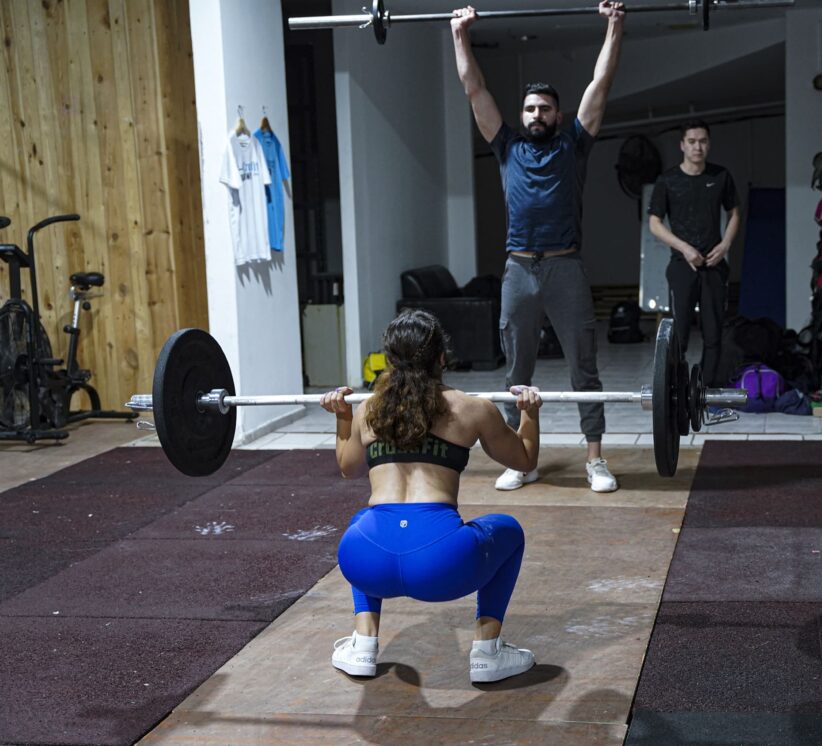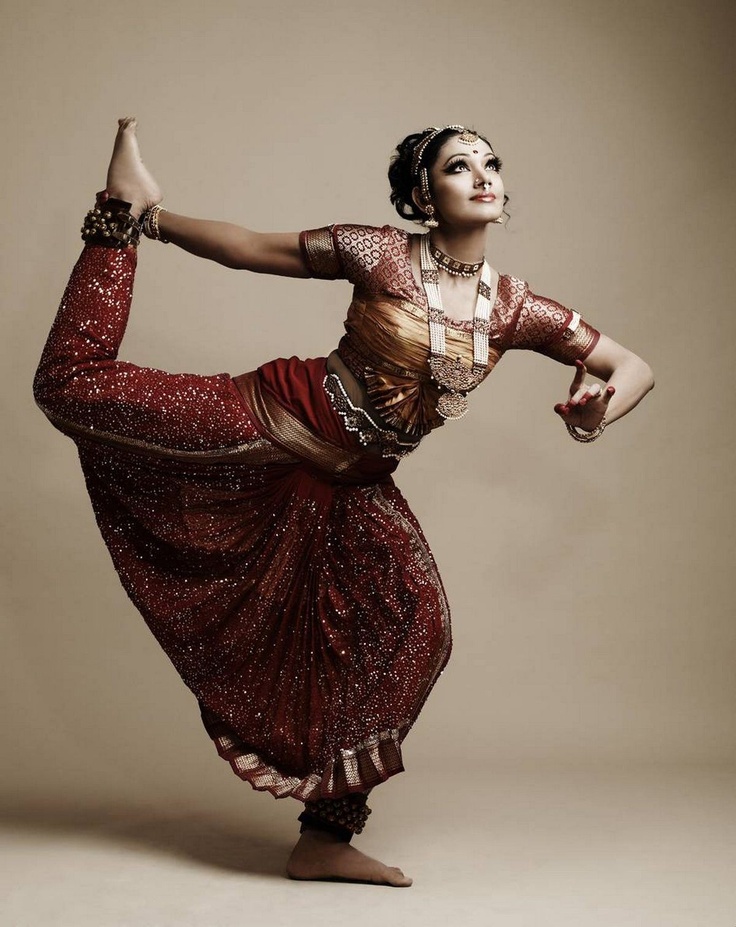A Double-Edged Dawn: Will AI Usher Equality or Deepen Shadows for Women?

Imagine a world where algorithms become the gatekeepers of opportunity, where lines of code determine our worth, our potential, and even our very existence. This is the double-edged dawn of Artificial Intelligence (AI), a technological titan promising to reshape our lives, but whose shadow looms large over the delicate fabric of gender equality.
On one hand, AI shimmers with the promise of a more just future. Imagine a hiring platform that dissects resumes not with biased eyes, but with cold, calculating logic, blind to gender and name, selecting the best candidate based solely on merit. Think of AI-powered healthcare systems that analyze mountains of data to predict and prevent diseases that disproportionately impact women, like cervical cancer (World Health Organization, 2023). We could witness AI midwives guiding mothers through childbirth in remote villages, their digital hands reaching where human doctors cannot (TechCrunch, 2023).
But beneath this dazzling mirage lies a stark reality. AI, like a mirror, reflects the biases embedded in our world. Data, the lifeblood of these algorithms, is often poisoned by centuries-old prejudices. An AI trained on a sea of male-dominated resumes might deem a woman’s application “too emotional,” and her qualifications “insufficient” (Reuters, 2018). Healthcare algorithms, fed on incomplete datasets, could overlook or misdiagnose women’s ailments, leaving them to suffer in silence (American Medical Association, 2023).
This is not science fiction; it’s unfolding today. In 2016, an AI recruitment tool used by Amazon was found to systematically favor men for software developer roles (Reuters, 2018). In 2019, a study by the National Institute of Standards and Technology revealed that facial recognition algorithms were significantly less accurate in identifying women of color, raising chilling concerns about surveillance and security (Joy Buolamwini and Timnit Gebru, 2018).
The specter of AI-driven job displacement looms large, particularly for women concentrated in industries ripe for automation. Imagine factories humming with robotic arms, their unyielding efficiency replacing the nimble fingers that once sewed dreams into garments. What then, of the millions of women who rely on these jobs for their livelihoods? Will they be cast aside like discarded threads, left to navigate a landscape where their skills are obsolete?
But amidst the shadows, flickers of hope remain. Women are not simply passive recipients of technology’s whims; they are architects, and innovators, holding the hammers and code to shape AI into a force for good.
In Kenya, AI-powered chatbots like Maisha are offering women access to vital health information and support on maternal health and family planning, breaking down barriers in remote communities (MIT Technology Review, 2023). In India, an AI platform like Krishi Karta is helping women farmers optimize their crops and access fair market prices, empowering them to become drivers of their own economic destiny (The Economic Times, 2023).
The fight for equality is not a battle against AI, but a battle for its soul. We must demand ethical algorithms, built by diverse teams who understand the nuances of bias and discrimination (UNESCO, 2023). We must invest in reskilling and upskilling programs, ensuring women have the tools they need to thrive in the AI-driven economy (World Bank, 2023).
This is a call to action, a clarion cry for women to stand at the forefront of this technological revolution. We must not be bystanders, awestruck by AI’s dazzling promises, but active participants, shaping its code with our values and guiding its algorithms with our vision of a just world.
Let us not allow AI to become a mirror reflecting back our inequalities, but a canvas upon which we paint a future where gender is not a barrier, but a vibrant thread woven into the fabric of our shared humanity. Let AI not be the double-edged dawn that casts women further in the shadows, but the radiant sunrise that illuminates a world where equality finally blooms for all.
The future is not preordained; it is a story yet to be written. Let us pick up our pens, code our dreams, and together, write a tale of AI-powered equality, where the dawn breaks not just for some, but for every woman, every child, and every soul yearning for a world where potential knows no gender.
-Vinitha T U is the Founder and Director of Perceive Now, Inc. With a PhD in Electrical Engineering, she passionately advances AI and crafts efficient AI platforms.








